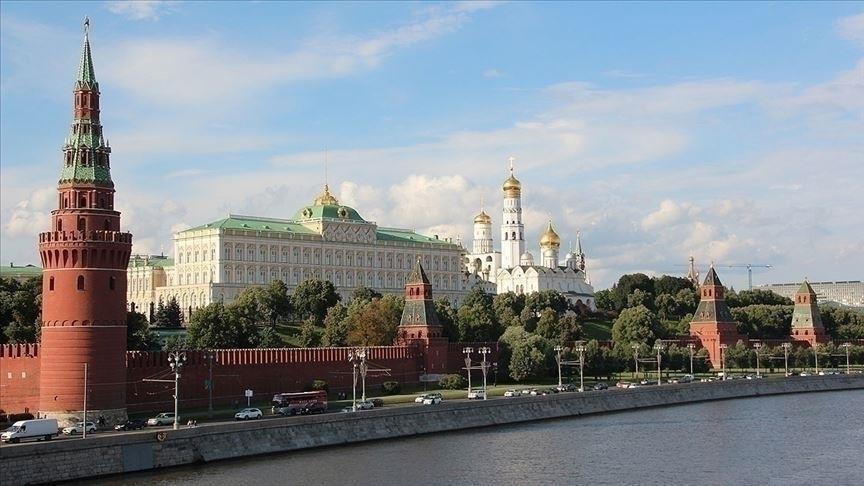
The Kremlin said on Thursday that an updated nuclear doctrine that will allow Moscow to use nuclear weapons against non-nuclear states should be seen as a warning to the West.
Russian President Vladimir Putin on Sept. 25 announced plans to broaden Russia's rules on the use of its nuclear weaponry, allowing it to unleash a nuclear response in the event of a "massive" air attack.
The proposals would also permit Moscow to respond with nuclear weapons against non-nuclear states, where they were being supported by nuclear powers, a clear reference to Ukraine and its Western backers.
Kremlin spokesman Dmitry Peskov said the planned changes "must be considered a specific signal."
"A signal that warns these countries of the consequences if they participate in an attack on our country by various means, not necessarily nuclear," Peskov told reporters.
Without mentioning Ukraine by name, Peskov said Russia's "nuclear deterrence is being adjusted on account of elements of tension that are developing along the perimeter of our borders."
He also said there was "no question" of Russia boosting its nuclear arsenal.
The European Union yesterday rejected Russia’s plan as "reckless and irresponsible."
"Not for the first time, Putin is playing (a) gamble with his nuclear arsenal," EU foreign policy spokesman Peter Stano told reporters. "We of course strongly reject these threats."
The proposed changes to Russia's nuclear doctrine, which Putin himself has the power to approve, come as Ukraine is seeking permission from Western allies to use long-range precision weaponry to strike targets deep inside Russia, so far to no avail.
Kiev says it is necessary to target Russia's airfields and military infrastructure that it uses to launch attacks on Ukraine, though the White House is cautious about enabling further escalation.
The West has accused Putin of irresponsible nuclear sabre-rattling throughout the Ukraine conflict, with the Kremlin leader having issued multiple apparent threats about Moscow's willingness to deploy its nuclear weapons.
"This is just the continuation of the very irresponsible and unacceptable behaviour on the side of Putin," the EU's Stano said of the latest threat, which came as many world leaders attended the United Nations General Assembly in New York.
Putin's stance was all the more "reckless," Stano said, coming from the leader of a permanent member of the U.N. Security Council.
Putin said that proposed changes "clearly set the conditions for Russia to transition to using nuclear weapons."
"We will consider such a possibility once we receive reliable information about a massive launch of air and space attack weapons and their crossing our state border," the president added.
"I mean aeroplanes of strategic and tactical aviation, cruise missiles, drones, hypersonic and other aircraft," Putin said.